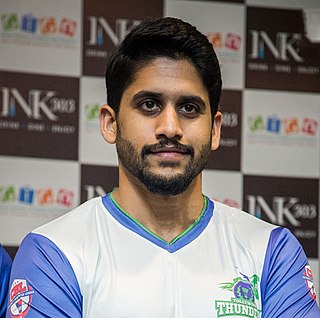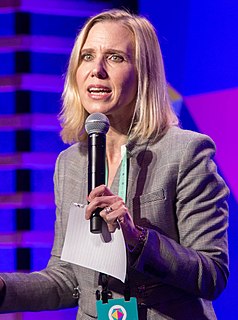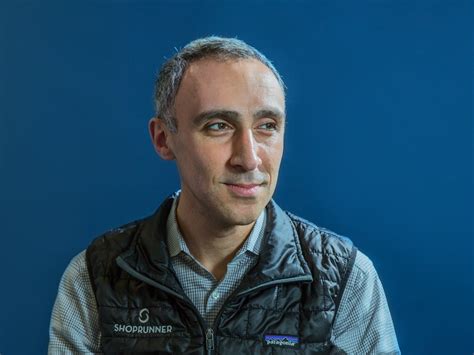A Quote by Peter Dinklage
I think 'No' is a very powerful word in our business that is very hard to use early on in your career. But I also think I was pretty arrogant when I was younger... I used that word maybe too much, but it did help me with finding roles that I did like.
Related Quotes
Here's a funny question:What is your favorite word?Think about it—maybe it's a word that makes you absolutely happy, or a word that sounds gloriously beautiful, or a word that evokes awe and wonder. Maybe you are reminded of a great time when you hear it, or maybe it represents your life's dream.So, what is it? What is your favorite word of all words?Thought about it yet?Good.And now, think why.
A lot of the physical flirtation with fear I did early on in my career, when I was a much younger person - stuff I wouldn't do now. But I was very interested in the mechanics of risk and fear in those days. And I found out fear pretty much always feels the same, whether it's doing a rock climb or speaking in front of an audience.
I think we give Jimmy Carter too much credit to think he knew what was going to happen when he used the word "apartheid." It's provocative, but it was like a nuclear bomb in Israel. And yet that word is used all the time in the Israeli press. There's a double standard there. He probably picked it up in Israel, as it's commonly discussed. I'd be a little surprised if he understood how it was going to be used against him. He doesn't have a highly developed emotional detector. As a politician, that was a weakness.
People might think I'm very hard, what with my black make-up, my hair over my eyes, etc. My innocence didn't always help me, but it did preserve something in me that maybe others don't have anymore. I'm inside my bubble, you could say, and thankfully so, because I don't think daily life is always great. It protects me.
Never use a metaphor, simile, or other figure of speech which you are used to seeing in print. Never use a long word where a short one will do. If it is possible to cut a word out always cut it out. Never use the passive voice where you can use the active. Never use a foreign phrase a scientific word or a jargon word if you can think of an everyday English equivalent. Break any of these rules sooner than say anything outright barbarous.




































